Baljit Kaur, Indian Woman, 50, Farmer, Protest Leader
- Protest2020

- Jan 10, 2021
- 2 min read
Updated: Nov 19, 2021


ProtestBlog.org: Baljit Kaur, 50 has been farming her entire life in Punjab, India. Cultivating her crops and tending to the land is something that she sees as a blessing and something that is in her blood.
These days, however, she is not in her fields – she is on the outskirts of the Indian capital New Delhi at the Tikri border, where she and many other farmers – female and male – have travelled for hundreds of kilometres to protest against new farming laws passed in September of 2019.
After 4 months, the deadlock continues as talks continue but also continue to fail. Farmers are vowing to intensify protests: “We are protesting for our land, against the kali kanoon [black law] that Modi has introduced,” Baljit says. She fears the new laws will jeopardise the ownership of land that has remained in her family for generations, and she is determined to set this right.
The farmers worry that the three laws, designed to deregulate the agricultural sector, do not include a Minimum Support Price (MSP), a minimum price guaranteed by the government at which farmers can sell their crops. Without this safety net, farmers fear they will have to participate in contract farming with private corporations, where these companies determine what the farmer grows and the price they sell at. The laws also remove restrictions on companies buying land and stockpiling goods.
The protests against these new laws have gained momentum over the past few weeks. Hundreds of thousands of protesters have marched from the three main farming states of Punjab, Haryana and Uttar Pradesh to set up camp at Delhi’s Singhu and Tikri borders, main entry points to the nation’s capital.
Despite officials’ attempts to deter protesters from entering the city, the farmers’ agitation shows no signs of abating. Their demands are simple: repeal the laws.
While men dominate the public image of the farmers protesting in India, women are very much there as well. In fact, female farmers will be among some of the worst affected by the new laws.







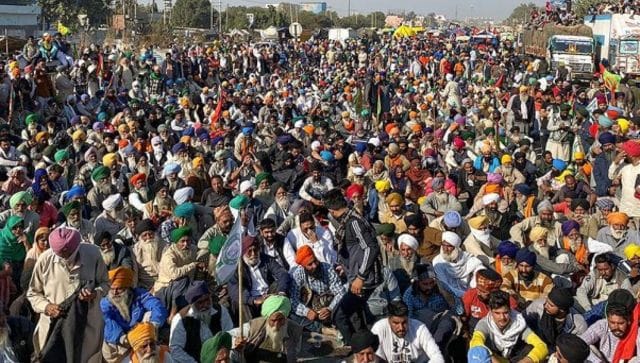




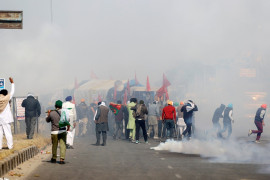

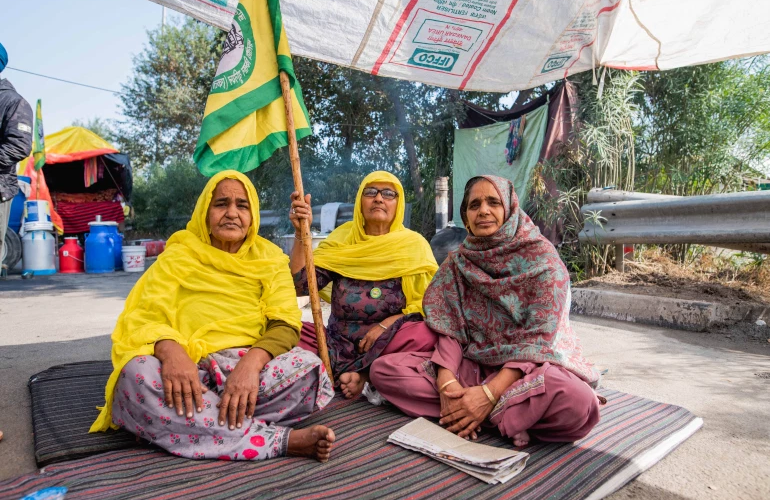





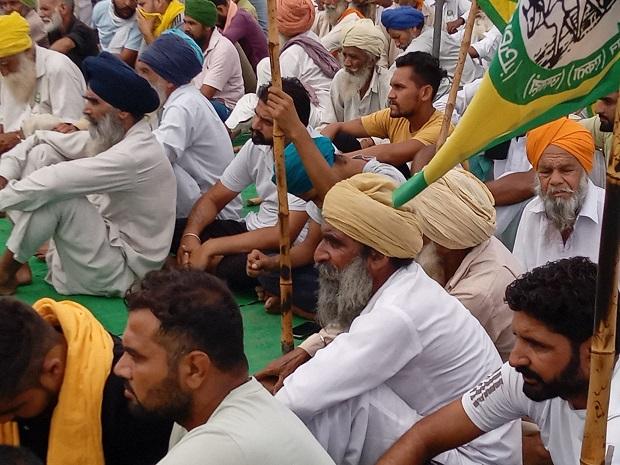

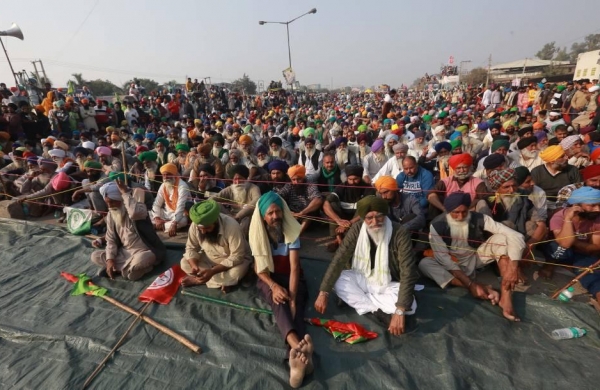





























Comments